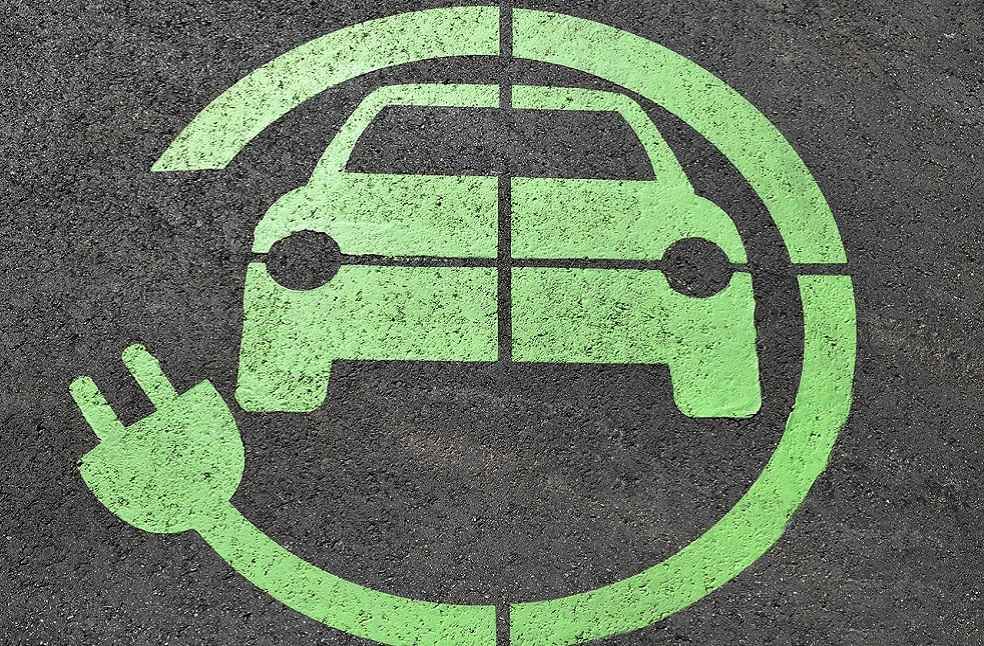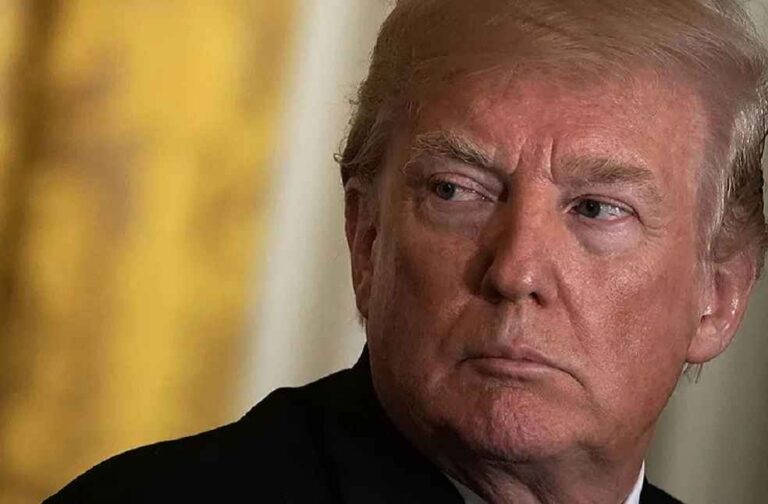The automotive landscape faces a looming upheaval with former President Donald Trump’s advisers unveiling plans to significantly modify the United States’ pivotal green legislation, the Inflation Reduction Act (IRA). This development has prompted leading car manufacturers like Nissan and General Motors (GM) to voice apprehensions regarding the prospective growth trajectory of electric vehicle (EV) sales in the US.
Background on the IRA:
Designed to bolster EV manufacturing domestically, the IRA extends consumer incentives for purchasing battery vehicles featuring parts sourced from the US or its trade allies. This legislation, aimed partly at reducing dependence on Chinese technology, has already catalyzed substantial investment into the US battery and automobile industries.

Industry Reaction:
Key figures from Nissan and GM have cautioned that dismantling the IRA could impede the EV market’s progress. GM’s CFO Paul Jacobson underscored the IRA’s vital role in boosting EV sales and expressed concerns over the financial implications of discontinuing the act. Echoing this sentiment, Nissan CEO Makoto Uchida, steering clear of direct political discourse, underlined the IRA’s significance in advancing EV penetration in the American market.
EV Market Trends:
EVs currently represent 9% of all new vehicle sales in the US, with aspirations from the Biden administration to elevate this figure to 50% by the decade’s end. Yet, the expansion pace of EV sales shows signs of deceleration, both stateside and across Europe, as mainstream buyers remain hesitant about elevated costs and logistical hurdles such as charging.
Impact on Foreign Investments:
Analysts signal that amending the IRA could escalate investment risks, particularly for overseas corporations. Troy Stangarone from the Korea Economic Institute of America observed that Korean firms had committed substantial resources to the US EV transition, partly banking on the IRA’s influence. Any amendments to the IRA could disrupt these strategic investments.

Global Context:
Korean battery manufacturers like LG Energy Solution, SK On, and Samsung SDI have formed joint ventures in North America, enhancing the US’s EV infrastructure. Also, Hyundai is erecting a $5.5 billion EV and battery facility in Georgia, showcasing the significant economic ramifications of such ventures.
The potential revision of the IRA by a future Trump administration poses a multifaceted dilemma for the US auto sector. It raises pivotal questions about the trajectory of EV sales growth, the stability of foreign investments, and the broader direction of US environmental policy.
EV WORLD | BYD Overtakes Tesla: New King of EV Market Shakes Up Industry





